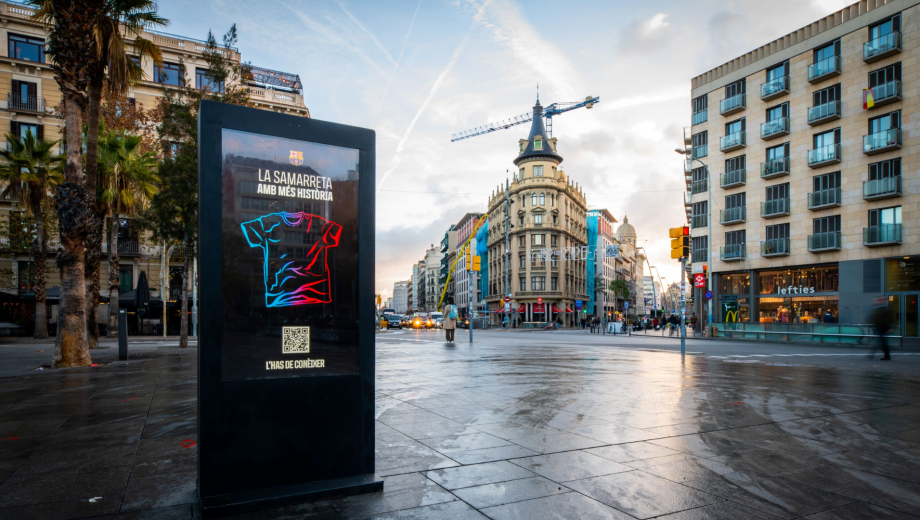15th EFDN Conference kicked off with more than 150 clubs, leagues and FAs
EFDN is looking back on an exciting and inspiring first day of the 15th EFDN Conference. CSR-experts from more than 150 clubs, leagues and FAs from across Europe joined our presentations, roundtables and discussions.
CEO Hubert Rovers and Membership & Partnerships Manager Robert Maaskant welcomed the attendees together with host Rivkah op het Veld from the Studio #Morethanfootball. The first presentation of the conference was held by Carla Licciardello and Fanny Rotino from the International Telecommunication Union (ITU). Online child protection remains to be a global challenge, the Child Online Protection (COP) initiative aims to protect children and to raise awareness of the dangers of cyberspace and help minimize the online risks. “Role modelling is key in the context of sport”, said Fanny.
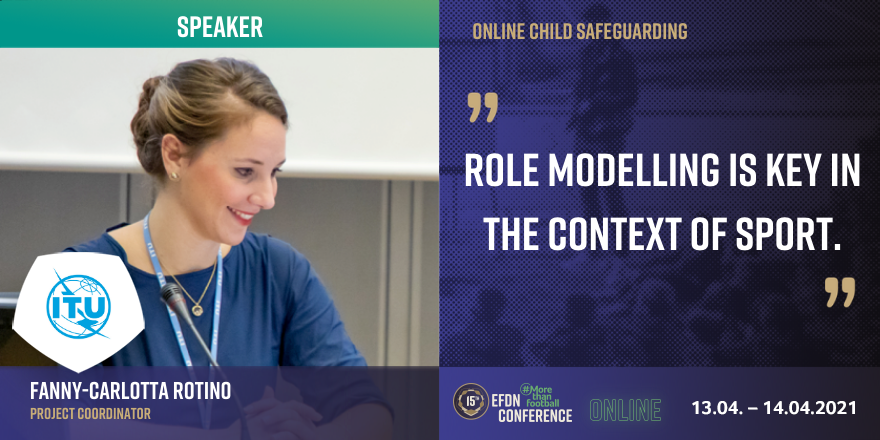
Yolanda Antin and Ramon Garriga from Barça Foundation presented how the use sports as a tool to prevent violence in juvenile justice centers. Supporting vulnerable children through sport and play, in order to build a more inclusive and egalitarian society. Throughout the presentation, Yolanda talked about how the foundation’s values are directly connected to the club. These values are humility, respect and ambition, and teamwork, making it possible to promote social inclusion and diversity with the programme.
Hubert Rovers explained in a presentation what it means to be a part of the EFDN. Hubert provided information on the EFDN programmes, resources, and future plans as well as answering questions from the participants.
Lindita Xhaferi-Salihu, Sector Engagement Lead at UN Climate Change gave a presentation on how global sports can contribute in helping combat climate change through commitments and partnerships. In order to achieve the goal of reducing Greenhouse Gas in line with 1.5 degrees. The presentation also focused on how we can create opportunities and be a part of the solution such as using sports as a unifying tool to drive climate awareness among global citizens. To live and learn from one another was of the important aspects Lindita focused on and as well give football clubs and organisations a social responsibility in regards to climate change.
Jorge Miranda, a member of the Benfica Foundation explained how the foundation reacted to the global pandemic, and how they have handled their ongoing projects such as supporting homeless people as well as the elderly who are struggling with e.g. depression and loneliness.
Marvin Olawaiye represented Toulouse FC Foundation and talked about their CSR programmes and future steps. Marvin showcased one of their most impactful programmes: “11+1 is our new charity programme, 11 represents the notion of collective and +1 all people who can have positive impact around the collective. It can come from a fan, sponsor, everybody who can generate it.”
Jed Cohen talked about how the footballing community can contribute to more sustainability. The main topics of discussion were the current international projects in football such as Greenfoot. Secondly, the impacts of crowdfunding actions as a means to sustainability and lastly how to communicate sustainability in your community.
Sharon Dale, Luke Wilkinson and Hannah Stanier presented their ‘Team Talk” programme and the other initiatives of Derby County Coomunity Trust on Mental Health.
Seán McCabe from Bohemian FC shared ideas which, if implemented, would make football clubs a leading global voice on climate action and climate justice. By looking at what clubs can do internally within their own systems, the role they can play in their own communities and the role they can play on the international stage, the presentation aimed to launch a discussion on a shared strategy on Climate Justice within the EFDN that is good for fans, good for clubs and good for the planet. “There is no vaccine for climate change”, emphasised Seán.
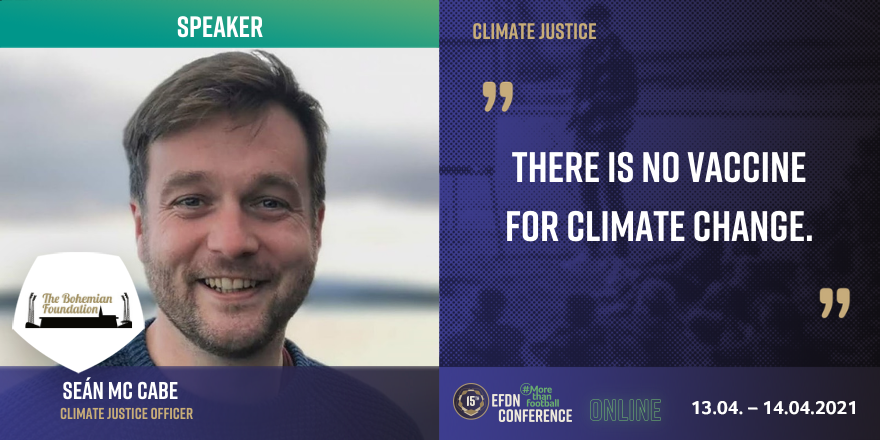
Former professional Max Bergander stopped playing football at a high level in order to create now an environment were everybody feels secure and safe, and has the possibility to be who they are, without having to keep your emotions out of it.
Emma Joussement outlined what the Premier League, as well as member clubs, have done and how they have responded to the pandemic throughout the last 12 months.
Jamie Wright, Managing Director of the Foundation of Light presented us with an insight into how things operate within the organisation and how they have used the last 12 months on developing a new 5-year strategy. They also shared insights into their business plan and operating model. The foundation is linked to Sunderland AFC, but they are structurally and financially independent from the football club.
Shay Wallach, Assistant Director of Inclusion at NCAA gave an extremely interesting presentation on Diversity, Equity, and Inclusion in Sports. He provided attendees with ideas and best practices on how to make sure clubs are accessible, safe and respectable for everyone, and how to make sure inclusion is a number one priority.
Tony Hamilton, Chief Executive of the Celtic FC Foundation presented to us how the foundation have taken care of pensioners, elderly, vulnerable people and how the COVID-19 pandemic has affected their goals. Tony explained the challenges they are currently facing such as the financial impact COVID-19 has had on their supporters as well as behavioural changes due to the pandemic experience.
Tomorrow, we will be back on our Conference Online Platform for Day 2 including speakers from organisations such as Newcastle United Foundation, Shakhtar Social, Real Betis Balompie, Musco Lighting and SPFL Trust. Read more here.
Greenfoot
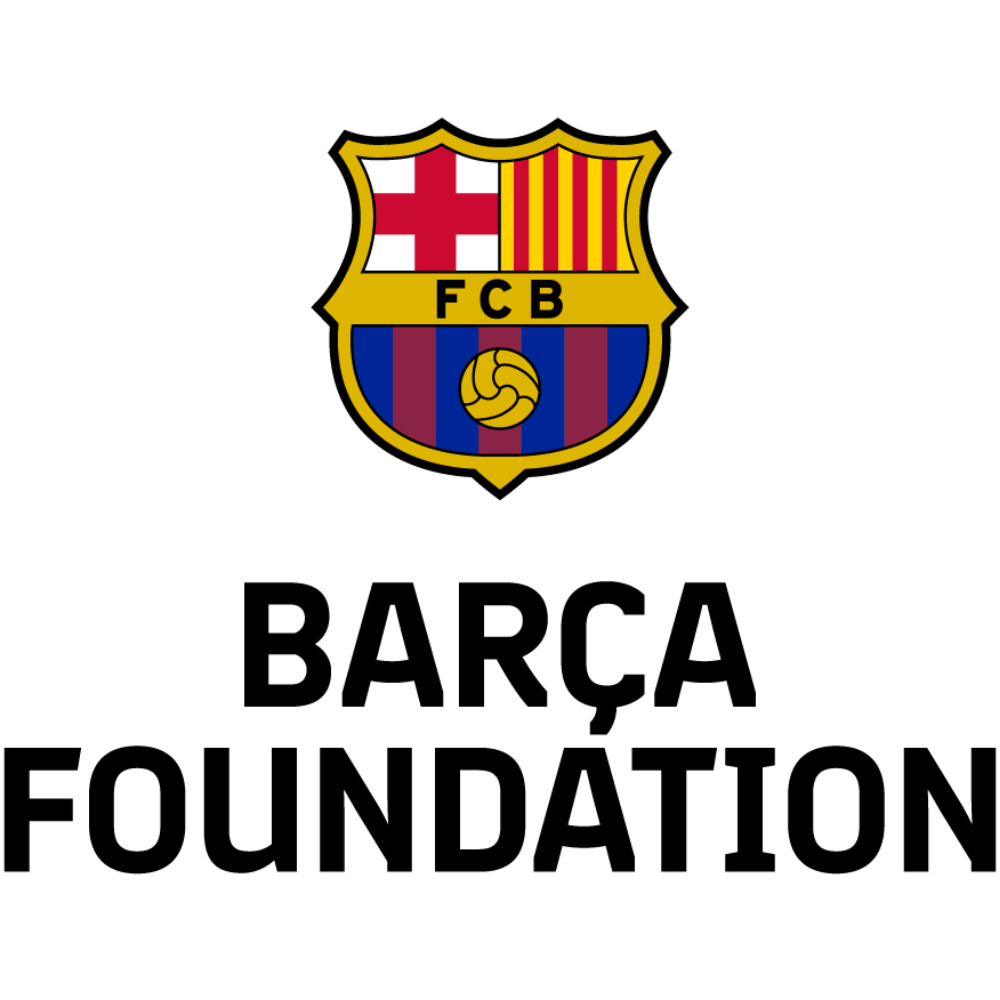
Barça Foundation – Against Violence

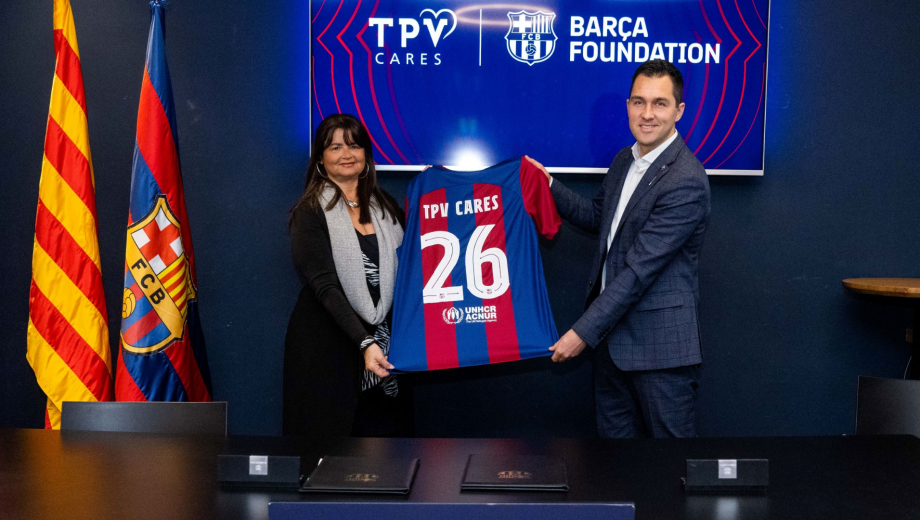
FC Barcelona provides audiovisual technology for vulnerable children with their new partner

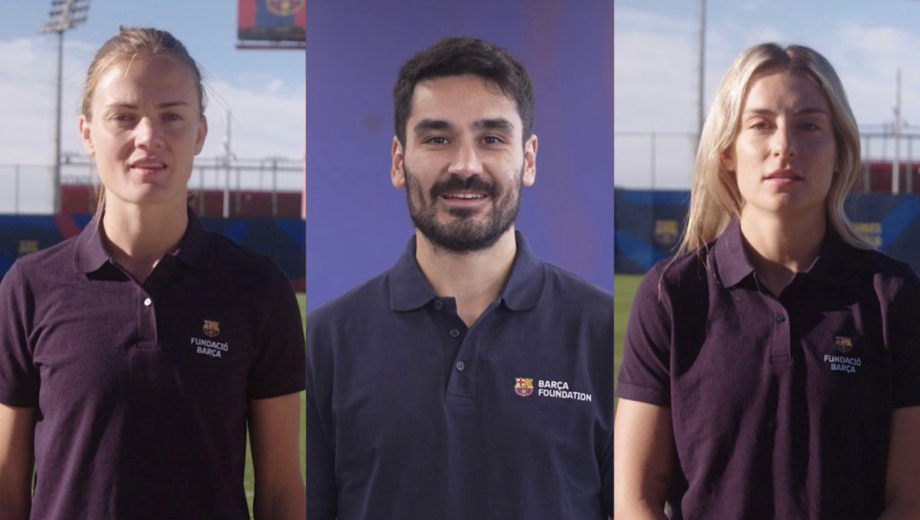
FC Barcelona Foundation has launched a new campaign to raise awareness of its work

